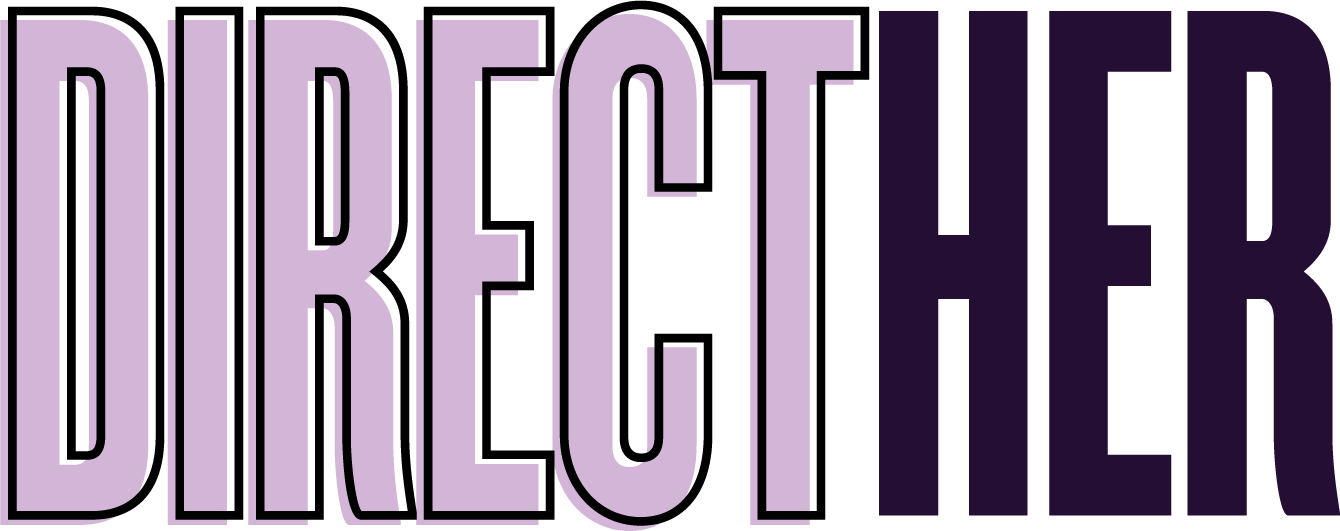Facts Aren't Enough
The Skills Lab - Public Speaking
Welcome to the Skills Lab! A place where the DirectHer team rounds up books, articles and podcasts all related to a skill that will help you build the confidence to land that next board position.
For January and Feburary 2020 our skill theme is … Public Speaking. Why? Whether you’re interviewing for that dream board role or effectively participating in a board meeting, comfort with public speaking is a critical tool in ensuring your message is delivered and received.
Our first feature comes from our Board Chair, Elsa Johnson. Whether she is facilitating our Board Basics Workshop or delivering advice in her day job as a lawyer, Elsa knows the importance of understanding your audience to effectively deliver a message.
Elsa’s contribution to The Skills Lab comes from NPR podcast’s “The Hidden Brain” . In the episode “Facts Aren’t Enough” host, Shenkar Vedantam uses science and storytelling to reveal the unconscious patterns that drive human behaviour, shape our choices and direct our relationships.
As Elsa states, “Public speaking is far more than the transmission of information from a source to an audience - ultimately it's about exerting influence over a group of people. Understanding the brain (your own and those of your audience) takes you a lot farther down the road of understanding your goal in a particular public speaking event and the likelihood of achieving that goal with a particular audience.”
This episode specifically discusses the reasons why facts and hard data are often not enough to change false beliefs. Vedantam and his guests discuss the reason it is so hard to change minds and the ways in which we might convince others to listen to views that conflict with their own. After all, a public speaking event in which the audience holds similar views to your own may be gratifying for the speaker and enjoyable for the audience, but it is the instances in which a speaker's message challenges the views of the audience that a speaker's influence can be measured.
Throughout the podcast, Vendentam discusses the idea of hard facts versus influence over the audience. One specific subject that comes up is in the context of Vedentam's query into how deeply held beliefs can be challenged. Vedantam's guest Tali Sharot opines that "fear works... when you are trying to get someone not to do something…fear is actually not such a good motivator for inducing action while...hope is the better motivator on average for motivating action."
Tali Sharot addresses the fact that influence can be created whether or not the speaker's intentions are good, bad, or neutral. Tali Sharot states in the podcast;
"...the factors that affect whether you are influential can be: can you elicit emotion in another person? Can you tell a story? Are you taking into account the state of mind of the person that is in front of you? Are you giving them data that confirms...their preconceived notions? All those factors that make one speech more influential than the other or more likely to create an impact can be used for good and can be used for bad."
The moral of the story? While the act of public speaking is morally and ethically neutral, the message being transmitted rarely is and it is important for the person who seeks to influence others through public speaking to examine their own beliefs and intentions in creating influence.

